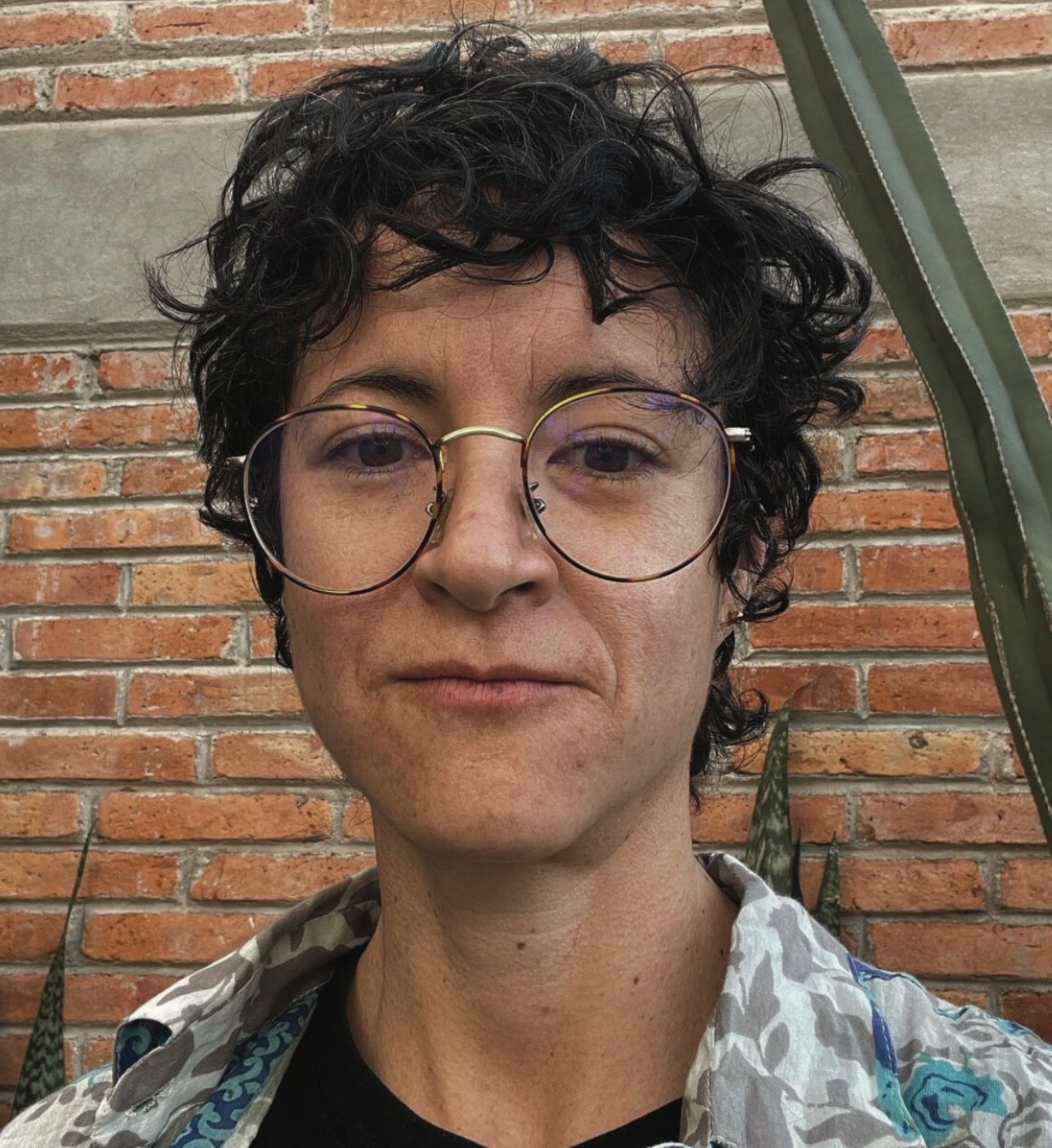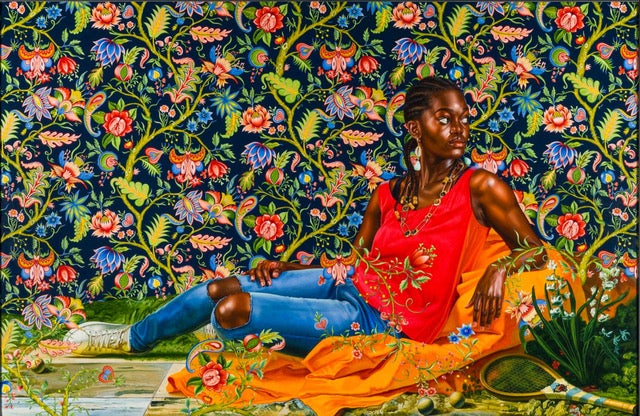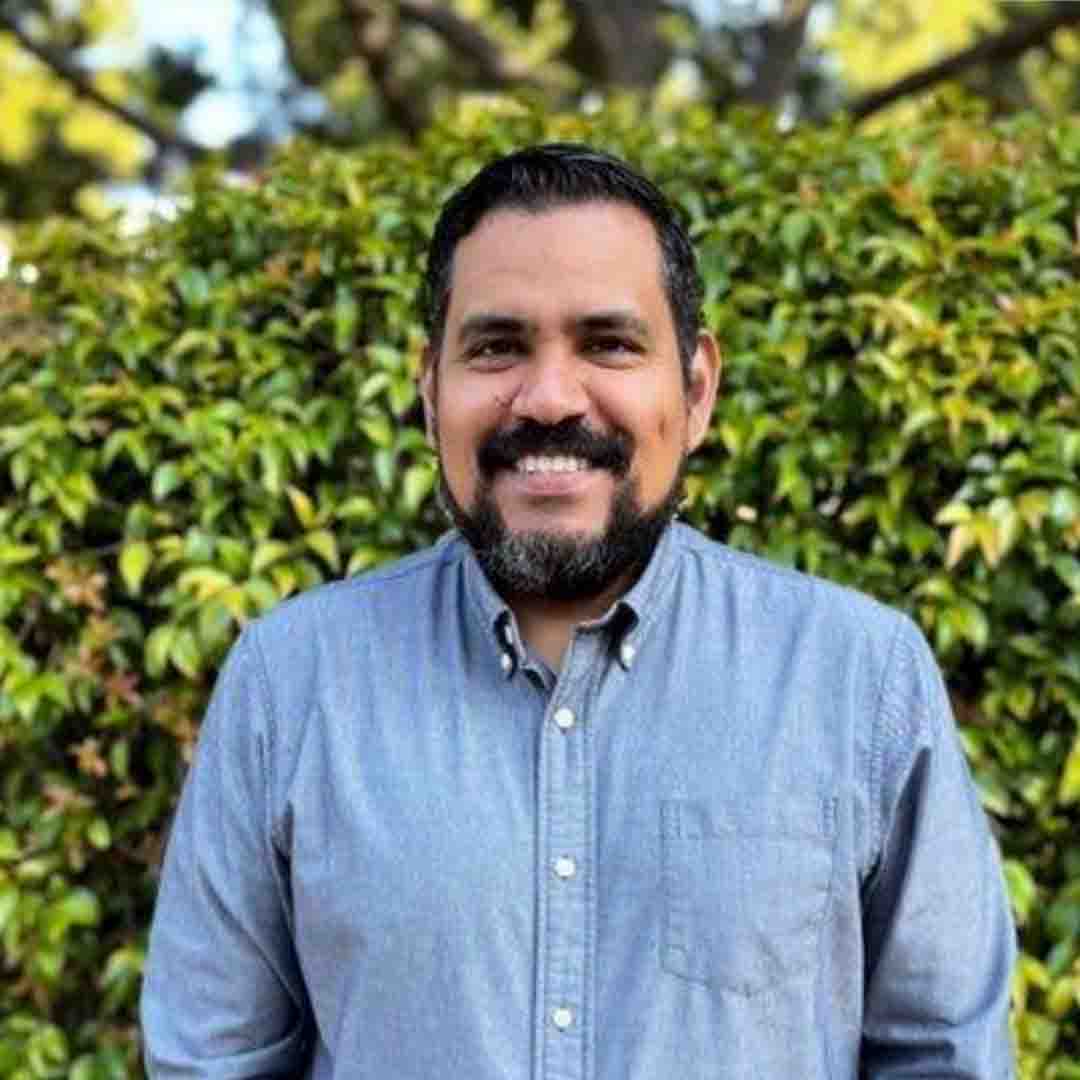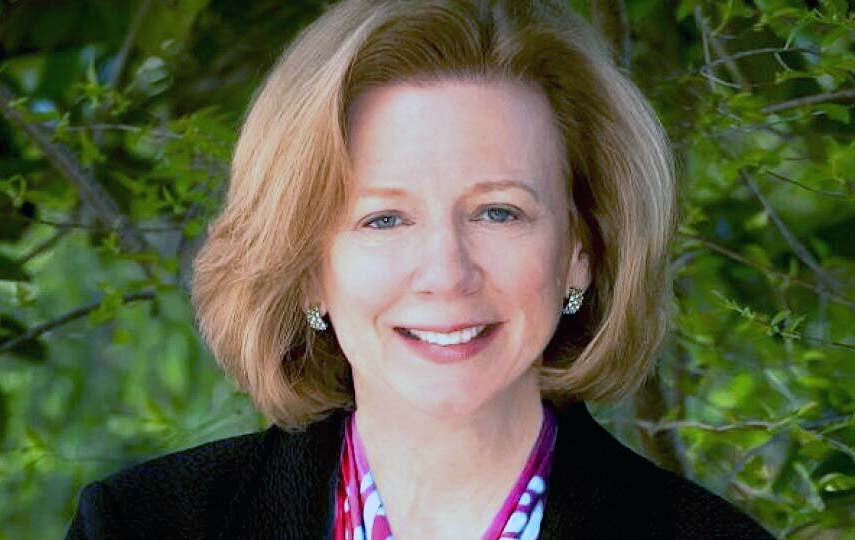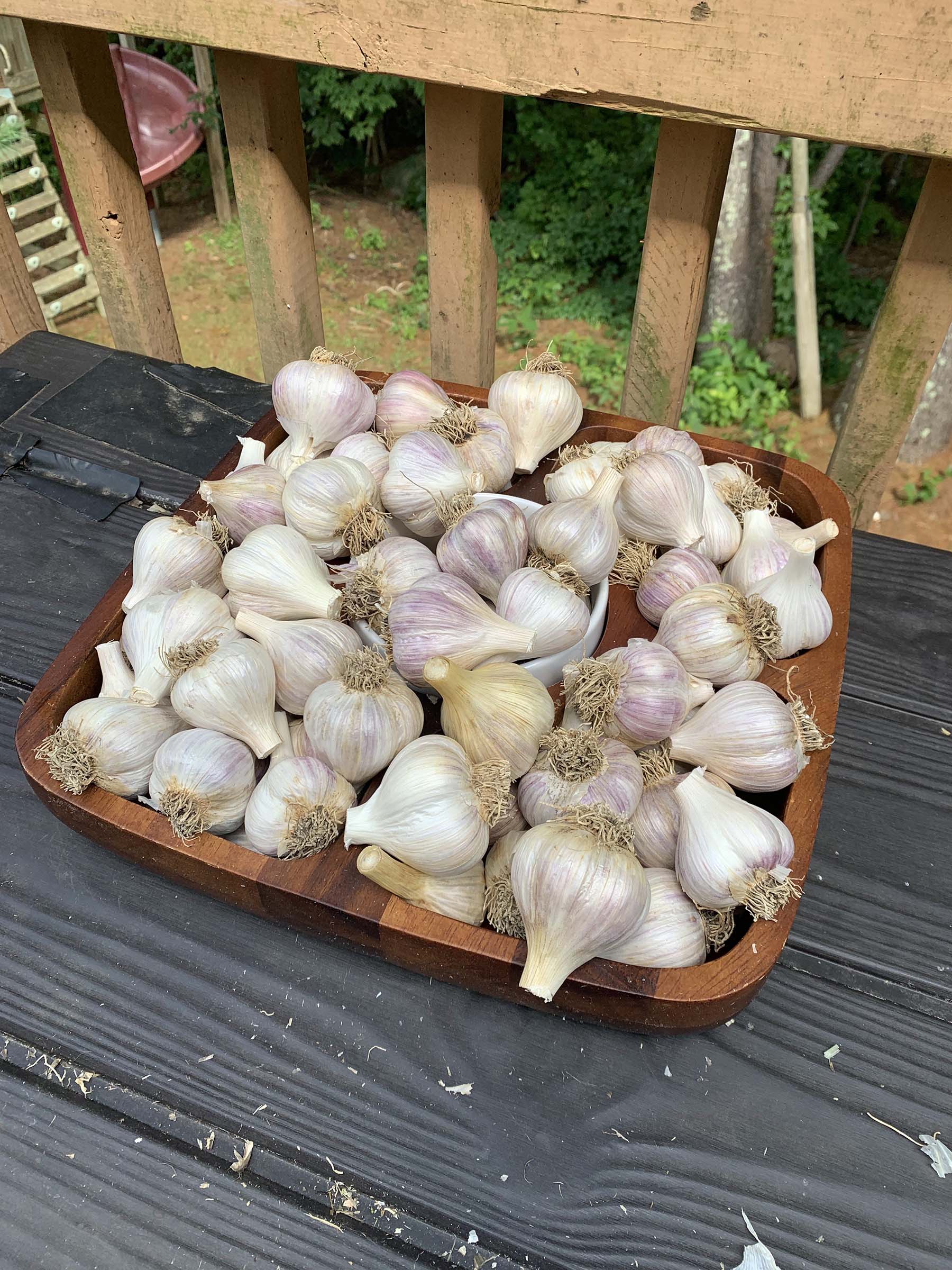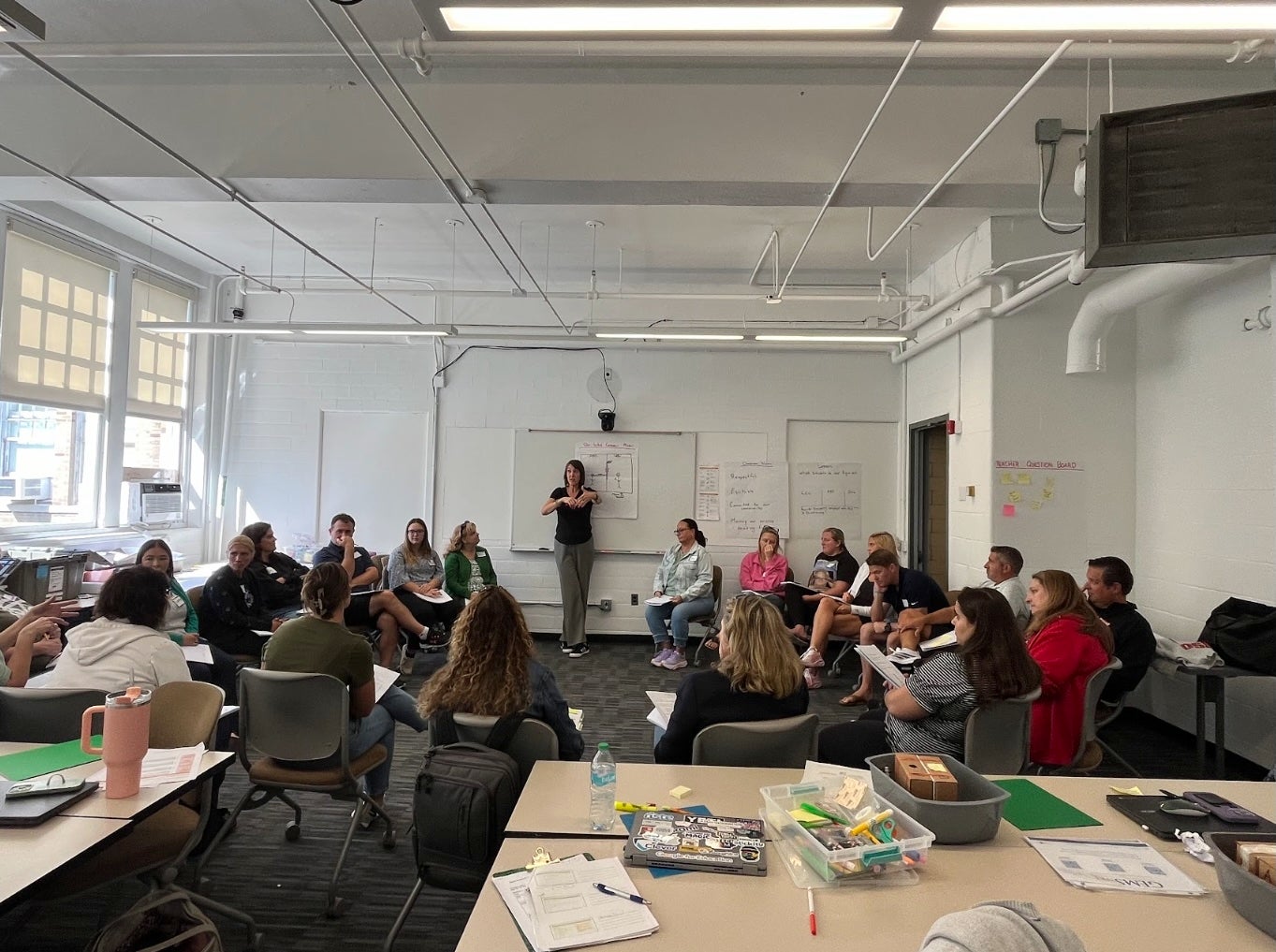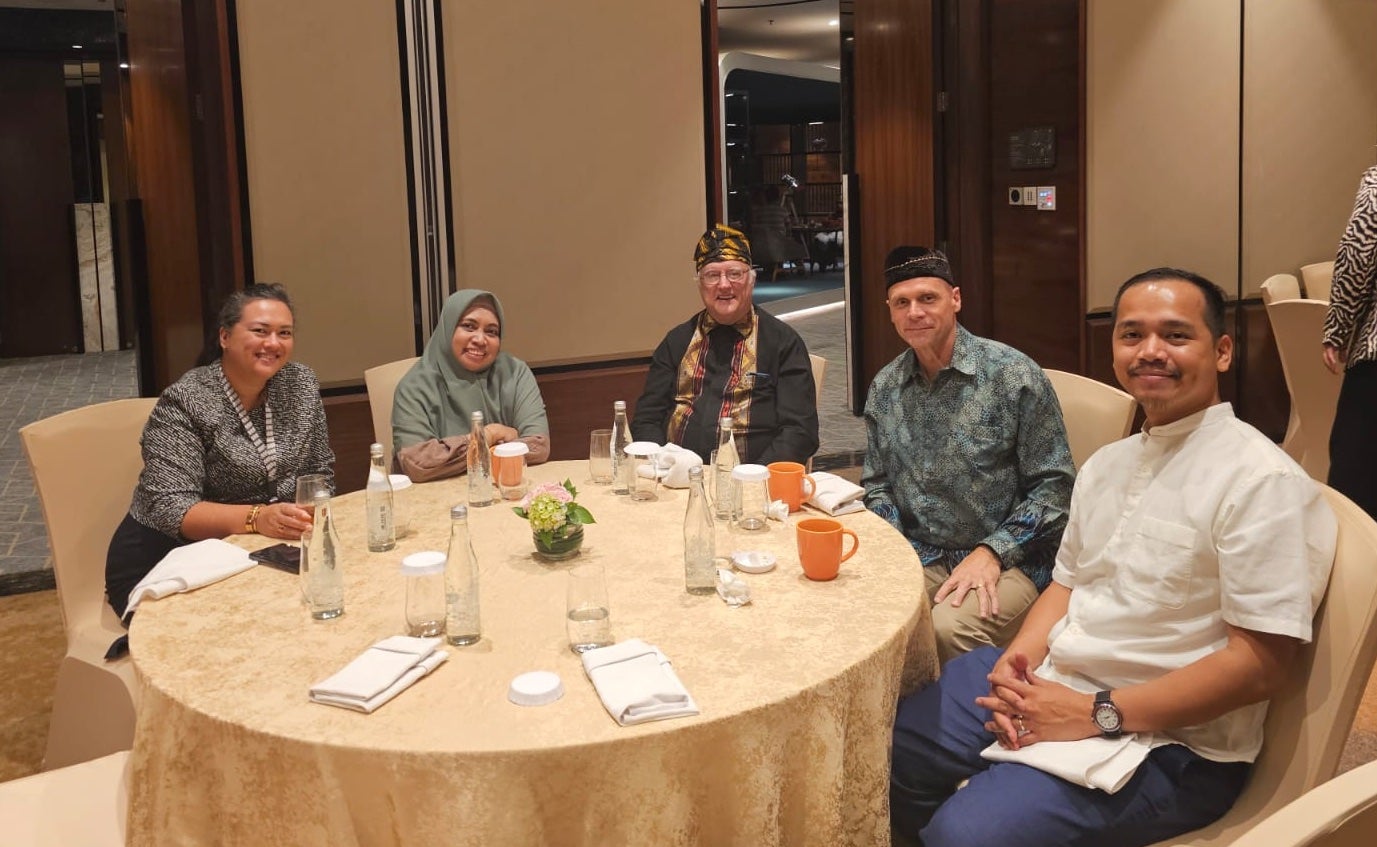Mexican visual artist Xalli Zúñiga to speak as part of URI’s Fall 2025 Carlson Lecture Series
KINGSTON, R.I. – Oct. 20, 2025 – Building on Mexican cosmologies of nanácatl, or “flesh” from sacred mushrooms, Mexican visual artist, educator and researcher Xalli Zúñiga felt that fungal feminisms propose that flesh itself—fleshy, earthy and spiritual—can become a connective, generative ground for ecological and social regeneration.
Zúñiga, while earning their dual doctorate degrees in art education and women, gender and sexuality studies from The Pennsylvania State University, became interested in fungi and mycelium networks—which help produce mushrooms, themselves—and how those could replicate different networks of care, according to University of Rhode Island Eleanor M. Carlson Visiting Assistant Professor K. Bailey Thomas.
Zúñiga looks into what humans can learn from fungi about how to survive in harsh conditions—particularly marginalized people who reside within neo-capitalist regimes. Zúñiga will discuss this topic, titled “Fungal Flesh: Toward a Carnal Feminist Mycopolitics,” in their upcoming two-day lecture event on Tuesday, Oct. 28, and Wednesday, Oct. 29 as part of the University of Rhode Island Department of Gender and Women’s Studies’ Fall 2025 Carlson Lecture Series.
On Oct. 28, Zúñiga will hold a painting workshop for students from 3:30-4:45 p.m. inside Room 120 of Pastore Hall, 51 Lower College Road on the Kingston Campus. On Oct. 29, Zúñiga’s free public lecture will take place from 5:30-7 p.m. in the Anchor Room of the Robert J. Higgins ’67 Welcome Center, 45 Upper College Road.
The University’s annual and expanded Carlson Public Lecture Series, funded via a $100,000 Mellon Foundation Higher Learning program grant, is a unified series linked to courses and priority areas and encouraging campus and public dialogue on gender, sexuality, and human rights. It highlights the range of transformative political practices that counter current dehumanizing ones affecting LGBTQ+ communities in the Americas.
Zúñiga’s work weaves together critical ecological justice, decolonial feminist history and socially engaged art, particularly through collaborating with Indigenous mushroom foragers, environmental defenders and LGBTQ+ communities within central Mexico.
Zúñiga’s lecture will develop the concept of fungal flesh as a critical response to colonial-capitalist regimes that fracture the human spirit. They will also ask how society might reimagine kinship and care through the lens of fungal metabolisms.
“If you walk and you see what they call the ‘concrete flower,’ you see where wildlife can bloom and persist in harsh conditions that you would think are impossible—growing through concrete,” Thomas said. “Could that be something that we could in turn replicate, especially when we think about that for many people in marginalized communities? A lot of the harsh conditions they’re experiencing can be somewhat mirrored by the conditions in which these fungi grow and sustain themselves.”
The URI College of Arts and Sciences and the Department of Art & Art History are also co-sponsoring this lecture. Registration is required due to limited space. Email bailey.thomas@uri.edu to register and visit the event’s webpage for additional information.
Latest All News
- URI Gender and Women’s Studies department to hold annual Roundtable for Black Feminist and Womanist Theory Nov. 6-8KINGSTON, R.I. – Oct. 22, 2025 – A new book on the famed African American abolitionist / writer Harriet Jacobs and the weaponization of Black feminism in academia are just two of the topics on the roster at the University of Rhode Island’s sixth annual Roundtable for Black Feminist and Womanist Theory. The three-day conference, led […]
- Community colleges the topic at Oct. 28 Honors ColloquiumKINGSTON, R.I. – Oct. 21, 2025 – Community colleges are often celebrated as engines of access and mobility. But behind the institutional curtains lie a more complicated story. In his talk at the University of Rhode Island’s 2025 Honors Colloquium, Eric Felix will share insights from a three-year research-practice partnership with equity leaders across 20 […]
- Seattle nursing dean, patient care expert to deliver URI College of Nursing’s Fall Distinguished LectureKINGSTON, R.I. — Oct. 21, 2025 — Kristen Swanson, dean and professor emerita at the Seattle University College of Nursing, will discuss “Caring—The Difference that Makes a Difference: From Discovery to Randomized Trials and Clinical Translation,” as part of the University of Rhode Island College of Nursing’s Fall Distinguished Lecture series. The lecture, scheduled for Thursday, […]
- Spooky suggestion: Get your garlic in the ground for Halloween!KINGSTON, R.I. – Oct. 21, 2025 – While gardeners across the region are closing up shop and putting away their gardening tools, University of Rhode Island Cooperative Extension Master Gardeners say fall is a great time of year to get some plants into the ground and plan for next year. Cooperative Extension’s Kate Hardesty, of […]
- Science teacher education program celebrating 30 years and new campus location with open house Oct. 29KINGSTON, R.I. – Oct. 20, 2025 – Teachers by nature are used to being on the move. But this fall, the office for one of the state’s premiere teacher professional learning programs has relocated from the University of Rhode Island’s Narragansett Bay Campus to its Kingston Campus. After building a strong foundation at the University’s […]
- A Rhode Island fisheries model for Asia-Pacific nationsKINGSTON, R.I. – Oct. 20, 2025 – Last month, a Rhode Island team of experts traveled to Indonesia to collaborate with representatives from Southeast Asian countries on sustainable fishery management. University of Rhode Island professor Michael A. Rice; Jason McNamee, Ph.D. ’18, deputy director of the Rhode Island Department of Environmental Management (DEM); and Maria […]



